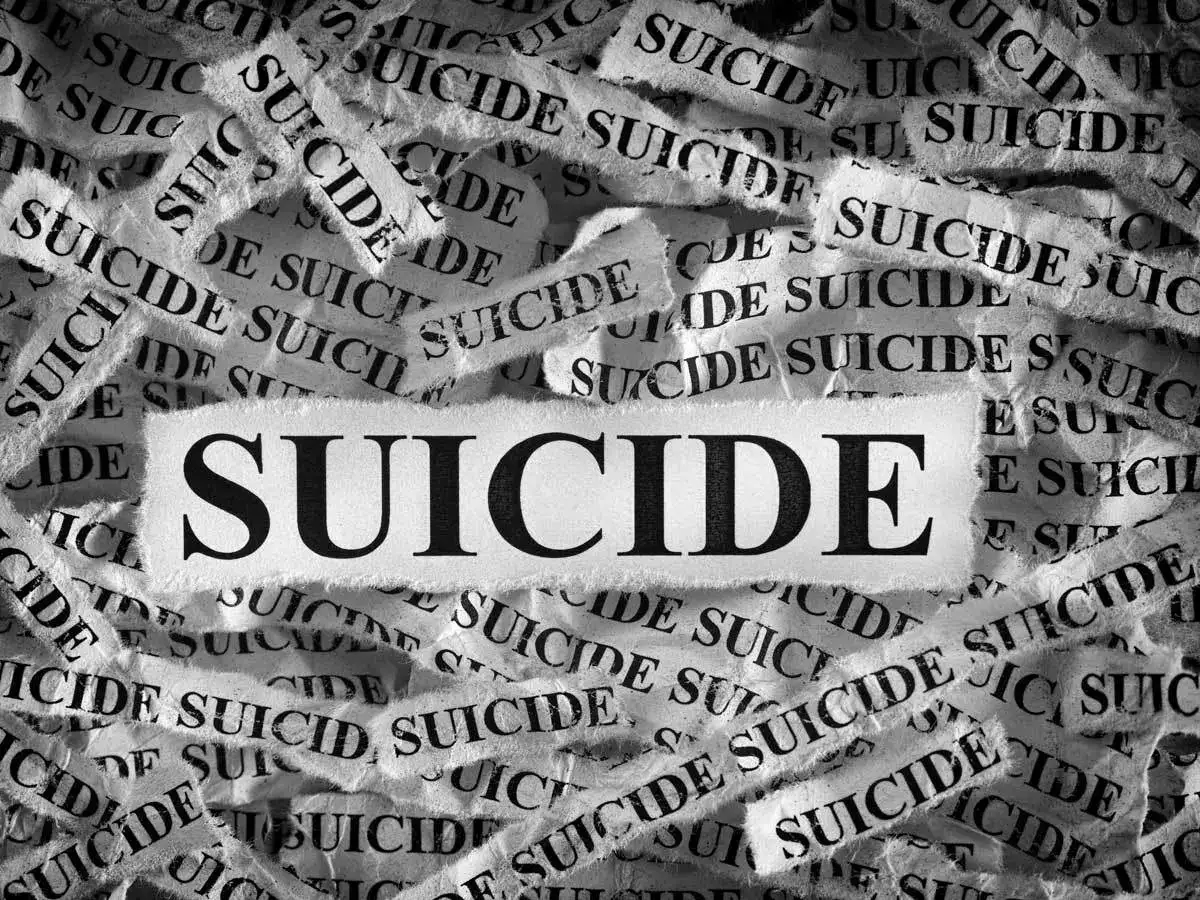In a sweeping intervention to address the alarming rise in student suicides across India, the Supreme Court has laid down 15 binding guidelines for educational institutions nationwide. These apply to schools, colleges, universities, training academies, hostels, and private coaching centres.
The court’s move stems from growing concerns over academic stress, exam-related anxiety, and institutional negligence. The guidelines will serve as enforceable law under Article 141 of the Constitution until Parliament or state legislatures enact specific legislation. The decision was issued under Article 32 by a bench comprising Justices Vikram Nath and Sandeep Mehta.
The judgment emerged during proceedings in a case involving the suicide of a 17-year-old NEET aspirant from Andhra Pradesh, who was staying in a hostel while preparing at a coaching centre in Visakhapatnam. After the Andhra Pradesh High Court denied a plea for a Central Bureau of Investigation (CBI) probe, the student’s father approached the apex court, which has now ordered a CBI investigation.
Mental Health Support System to Become Standard in Education
Central to the court’s directives is the creation of a robust mental health framework within every educational institution. All campuses with over 100 enrolled students must appoint at least one qualified psychologist, counsellor, or social worker trained in adolescent mental health. Smaller institutions are expected to formalize referral partnerships with external professionals.
“Dedicated mentors or counsellors shall be assigned to smaller batches of students, especially during examination periods and academic transitions, to provide consistent, informal, and confidential support,” the court stated.
Additionally, all educational staff—teaching and non-teaching—must undergo mandatory mental health training twice annually. This will include modules on psychological first aid, identification of distress signals, crisis intervention for self-harm, and proper referral mechanisms, all conducted by certified mental health experts.
Grievance Redressal and Anti-Harassment Mechanisms Mandatory
Each institution must establish independent bodies to address complaints of ragging, sexual harassment, caste or gender-based bullying, and discrimination. These committees are expected not only to handle complaints but also to ensure psychosocial support for those affected. The court warned that failure to respond to such cases would amount to “institutional culpability,” opening the administration to legal and regulatory consequences.
The bench emphasised that no form of retaliation against whistleblowers or complainants will be tolerated. Immediate referral to mental health professionals and prioritisation of the student’s safety—both psychological and physical—are now institutional responsibilities.
Infrastructure and Environment: Safer Campuses Required
Residential facilities must now implement suicide prevention measures, including tamper-proof ceiling fans and restricted access to rooftops, balconies, and other high-risk areas. The court noted that such environmental safeguards are crucial in reducing impulsive acts of self-harm.
The practice of grouping students based on academic performance or setting unrealistic performance goals is also prohibited. The court directed all educational bodies, especially coaching centres, to avoid segregation or pressure tactics that could contribute to student distress.
Awareness and Community Engagement
In a bid to create a supportive ecosystem, institutions are instructed to run sensitization programs for parents and integrate mental health literacy, life skills, and emotional regulation into regular student activities. Suicide prevention helplines such as Tele-MANAS must be clearly displayed in hostels, classrooms, common areas, and on institutional websites in visible formats.
Anonymised wellness records are to be maintained by institutions to track the emotional health of students without violating privacy.
Based on Stark Data, National Strategy Endorsed
The bench relied heavily on data from the National Crime Records Bureau (NCRB), which reported 13,044 student suicides in 2022—up sharply from 5,425 in 2001. The NCRB found that 2,248 students died by suicide due to exam failures alone. The court noted that these figures represent a major public health crisis, with students making up 8% of all suicide cases recorded that year.
Guidelines Linked to National Mental Health Initiatives
The court’s order aligns with existing national efforts such as the Ministry of Education’s “Manodarpan” program and the “Ummeed” draft policy released in 2023. Institutions must now adopt an internal mental health policy inspired by these initiatives, update it annually, and display it prominently on their notice boards and websites.
A separate National Task Force, led by retired Justice Ravindra S. Bhat, is also working to design long-term preventive strategies against student suicides. The Supreme Court noted that these new guidelines will supplement that work.
States Must Act Within Two Months
Finally, the court has directed all states and union territories to frame regulatory rules within two months to oversee the operation of private coaching centres. These centres must register with relevant authorities and establish a formal mechanism to address grievances.
With this ruling, the Supreme Court has drawn a firm line: student mental health is no longer optional—it is now an institutional obligation.


